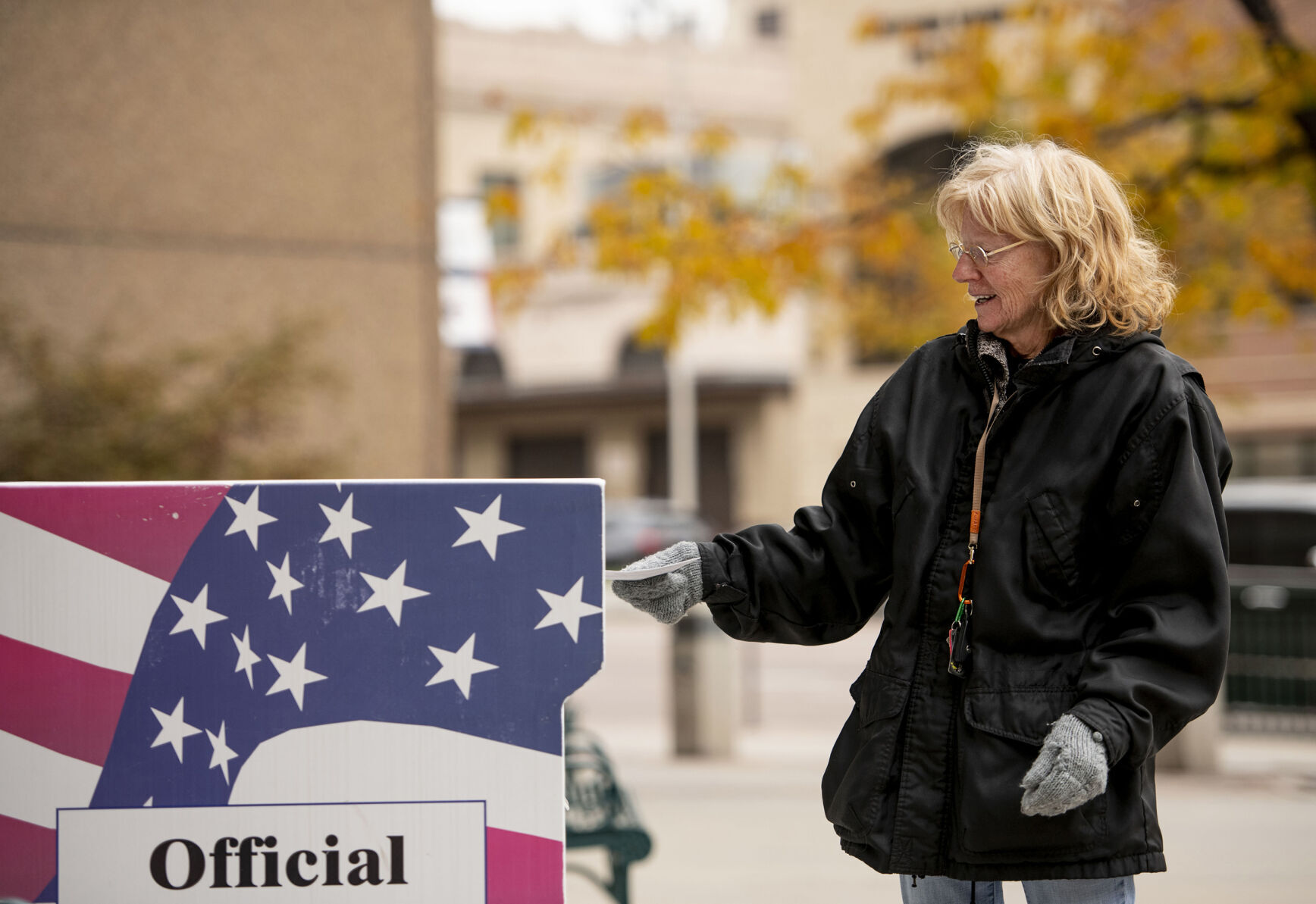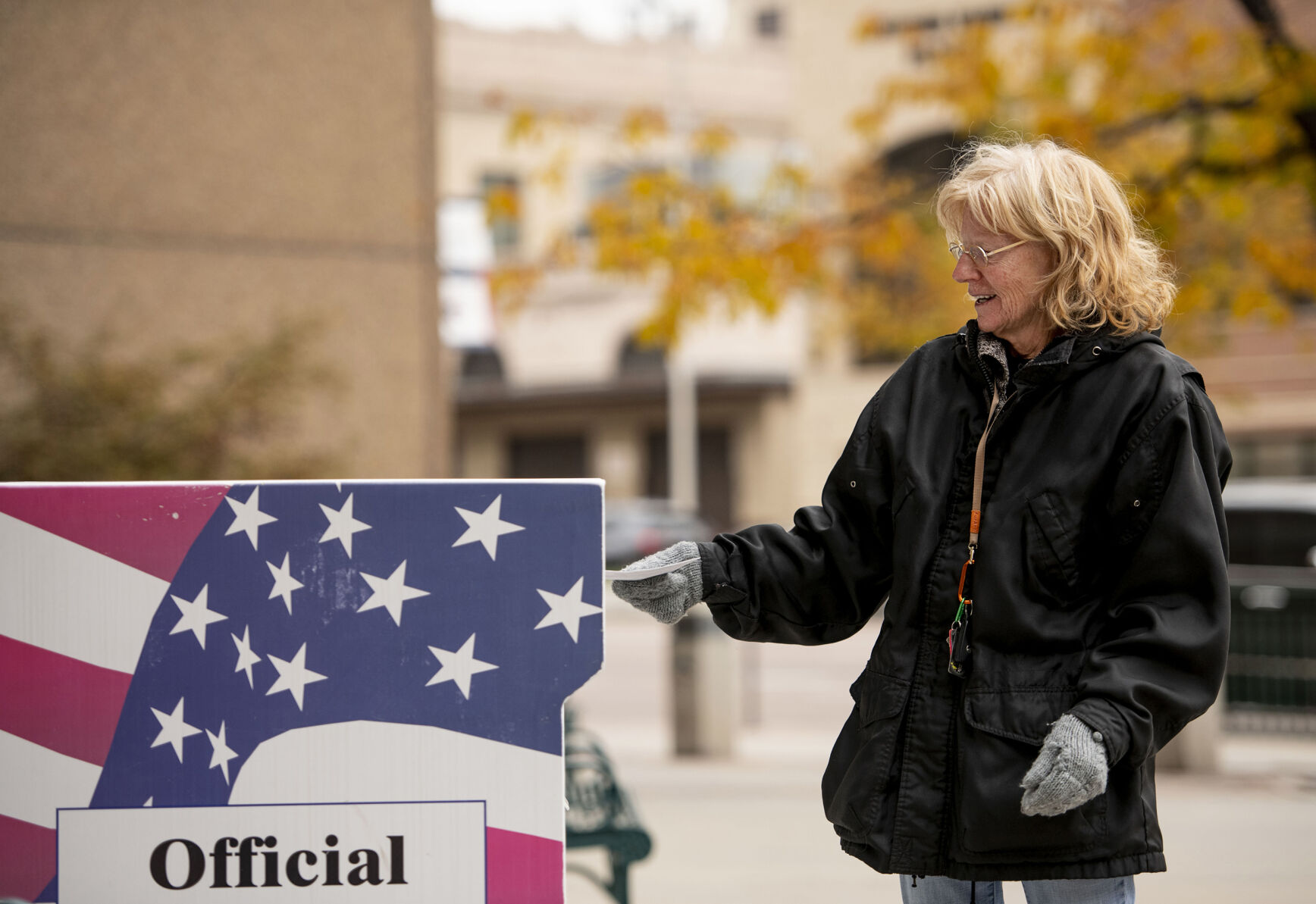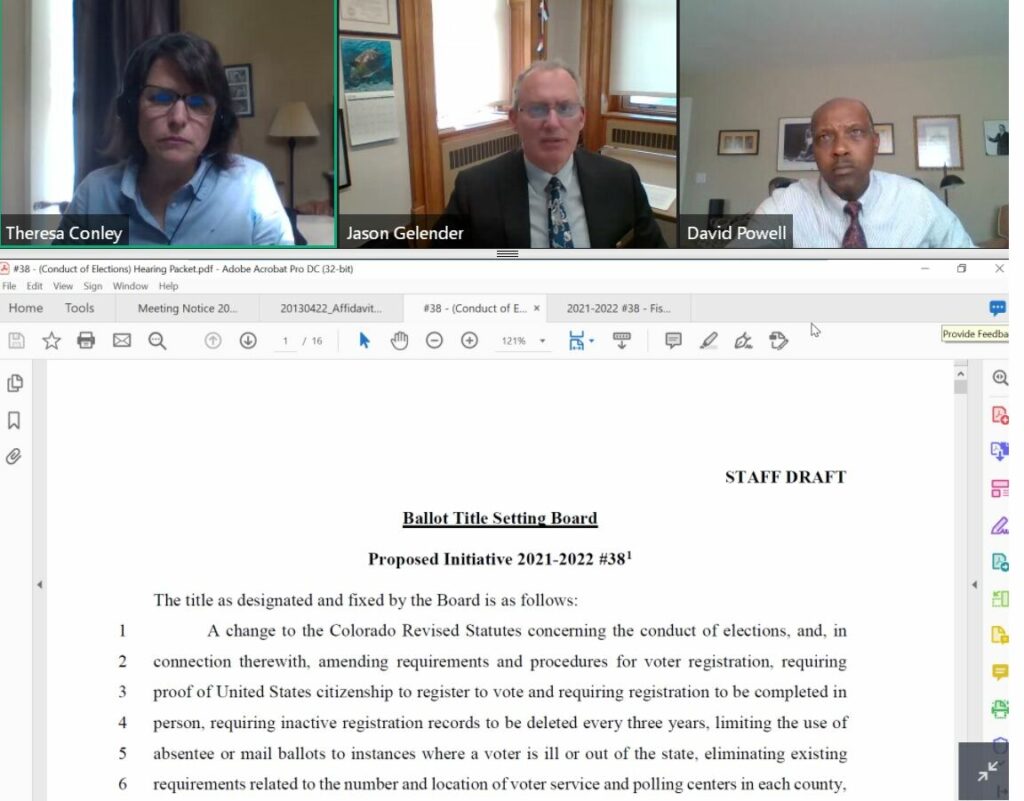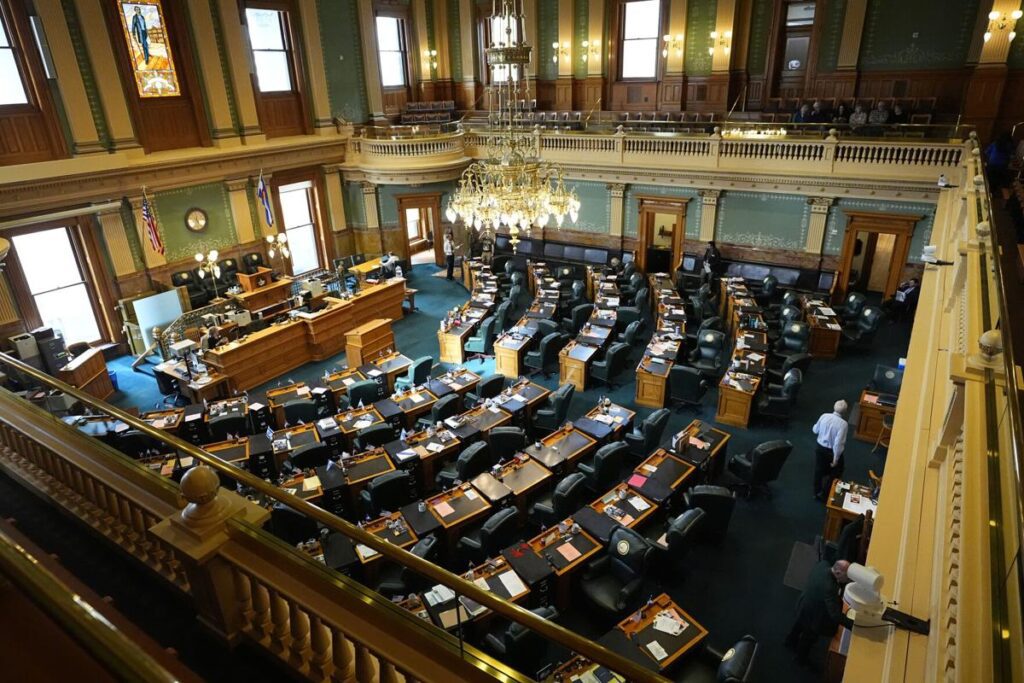Lawsuit seeks to move Colorado Springs elections from April to November; alleges city violated Voting Rights Act

Several local organizations filed a lawsuit against the city of Colorado Springs this week, alleging it has violated the federal Voting Rights Act.
The Citizens Project, Colorado Latinos Vote, the League of Women Voters of the Pikes Peak Region and the Black Latino Leadership Coalition filed the civil lawsuit asking the city to move its municipal elections to November because the April date for elections has caused racial disparities in voter turnout.
The lawsuit states that while turnout in April elections plummets, it is particularly low among people of color, who are about half as likely as white registered voters to participate in spring elections.
The groups argue in the suit that changing the timing of the city elections could increase voter participation overall and save the city time and money. It also could combat voter fatigue and make it easier for the groups to educate voters about municipal elections that have the most direct impact on people’s lives, representatives for the groups said. Elected city officials decide how to invest in road infrastructure, parks and policing.
001 2022-06-01 Complaint.pdf
Sometimes, residents will say to League of Women Voters members about April races, “What do you mean there is another election? We just had one in November,” said Shelly Roehrs, league spokeswoman.
The lack of awareness about April elections among many voters also is clear in the data.
In city elections going back to 2017, turnout was 33%, 35% and 25% in the odd-number-year races. In the November elections going back to 2016, turnout was 85%, 69% and 82%, the lawsuit states.
When asked about low voter turnout during the 2021 municipal election season, City Clerk Sarah Johnson said she would prefer to keep municipal elections in April because, otherwise, city races could get lost in the mix of a general election and buried at the bottom of the ballot.
“I think it would make it harder on those candidates to get the media’s attention even in nonpresidential years,” she said at the time.
Colorado Springs city spokesman Jamie Fabos said the city received the lawsuit on Friday and cannot comment on pending litigation.
Proponents for keeping city elections in April have told The Gazette in the past it attracts a more educated electorate.
But that just isn’t true, said Theresa Lee, litigation director and clinical instructor for the Election Law Clinic at Harvard Law School.
“There is as much, if not more, news coverage about the municipal races when those elections are held in November, and local elected officials chosen in November elections are consistently found to be more representative of the public than those chosen in off-cycle elections,” said Lee, who is representing the groups who filed the suit.
The lawsuit also stated that City Council members and mayors elected in recent years have not been racially representative of Colorado Springs’ diverse makeup.
During the past 10 years, more than 90% of those elected to City Council and to serve as mayor were white. Currently, the council has one Hispanic member, Yolanda Avila.
At the same time, the Hispanic population is rapidly growing and represents 18% of the community, the 2020 Census shows. Black residents are 6.3% of the population, and those who identify as two or more races make up 7.9% of the population.
Citizens Project Executive Director Mike Williams said the turnout issue in April elections may be multifaceted and could involve voter fatigue and frustration with representation.
“A lot of people may not be turning out because they don’t feel like they are represented. … This is something that could absolutely narrow that gap,” he said.
Other cities across the country and in Colorado have moved their election dates to align with November elections. For example, Monument moved its elections from April to November.
Only three of the 25 most populous cities in Colorado hold April elections, the lawsuit said.
While the upcoming April election will be particularly important because the city will choose a new mayor, since current Mayor John Suthers is term-limited, it’s too late to change next year’s municipal election, Williams said.
However, the suit could change the timing of city elections permanently going forward. .










